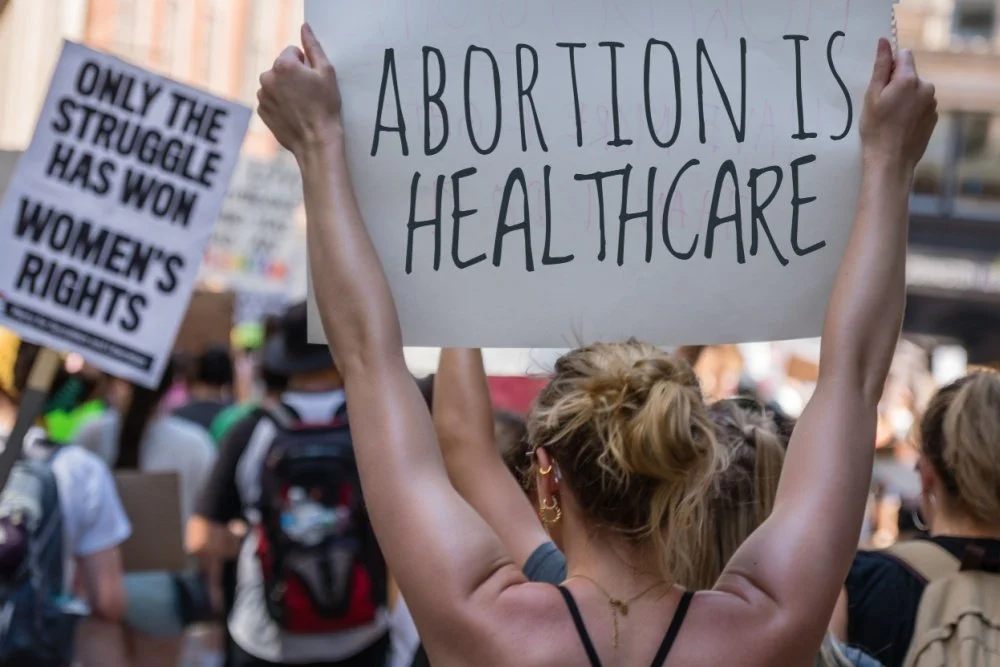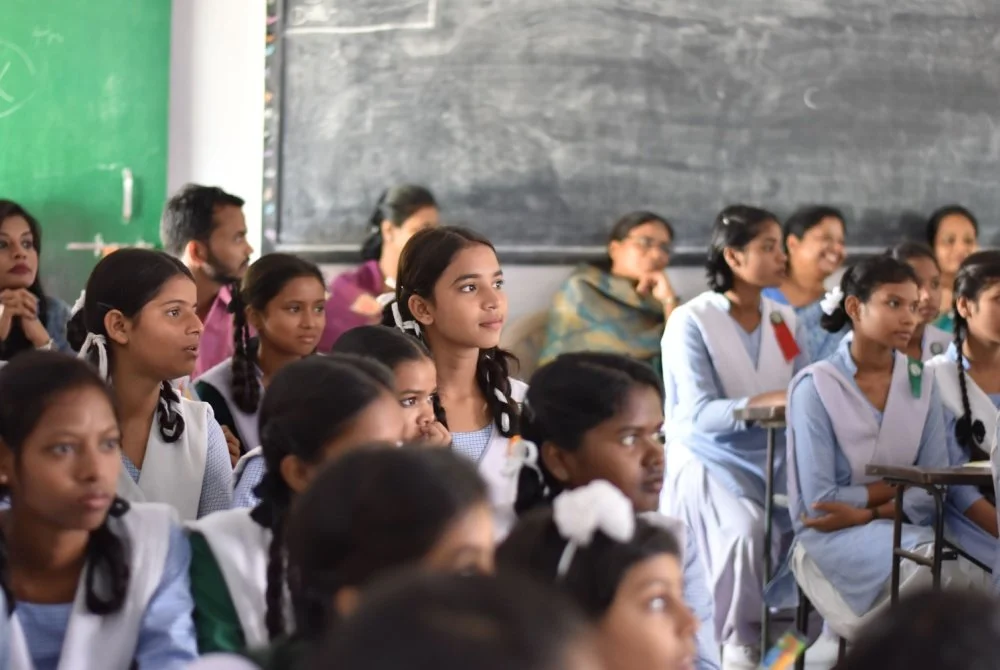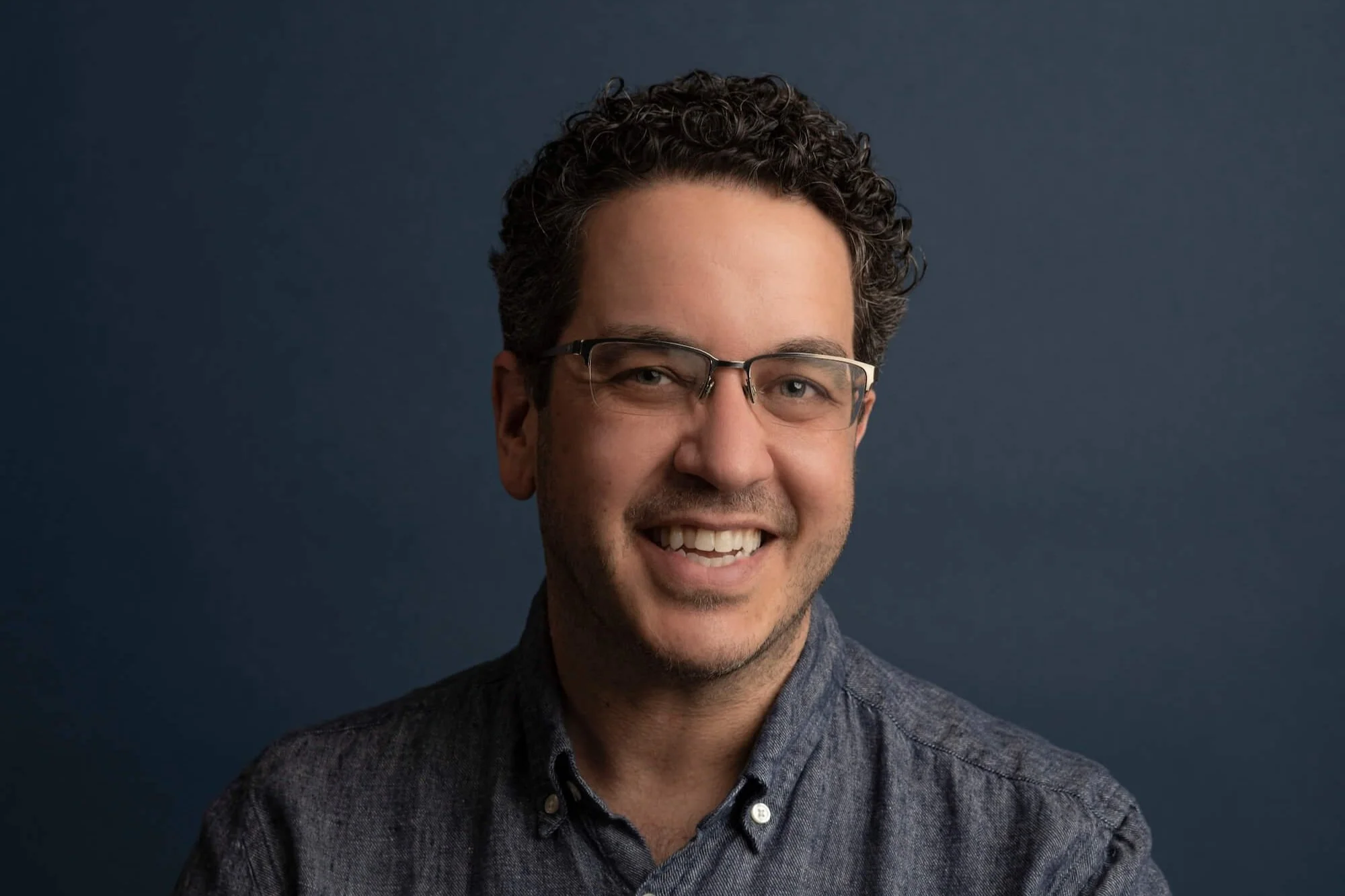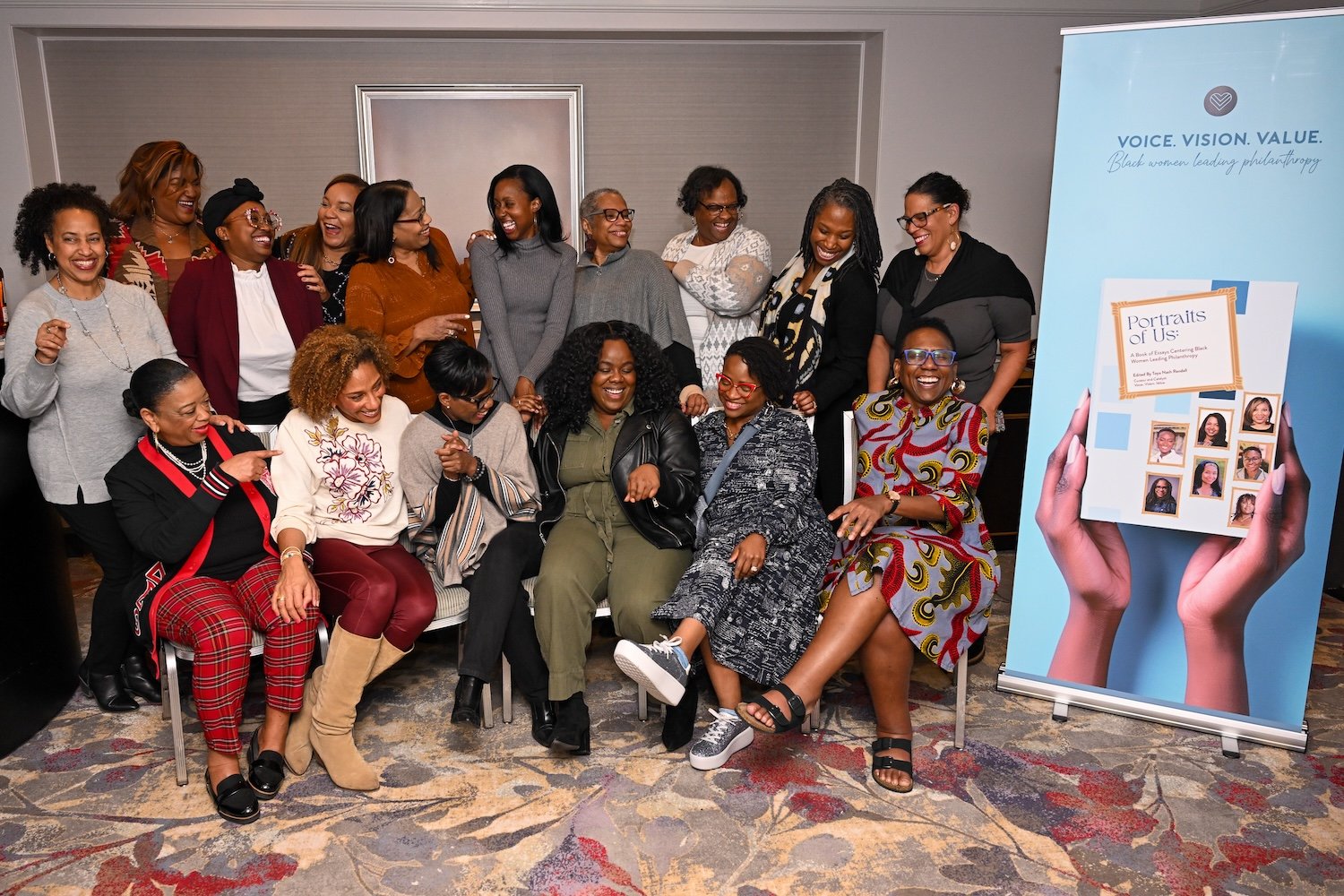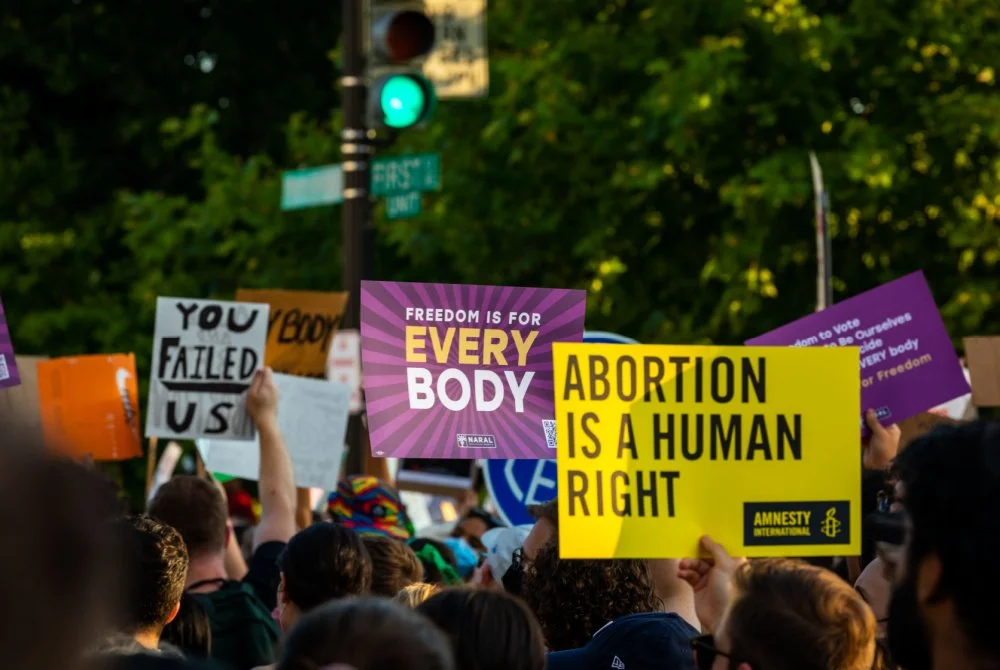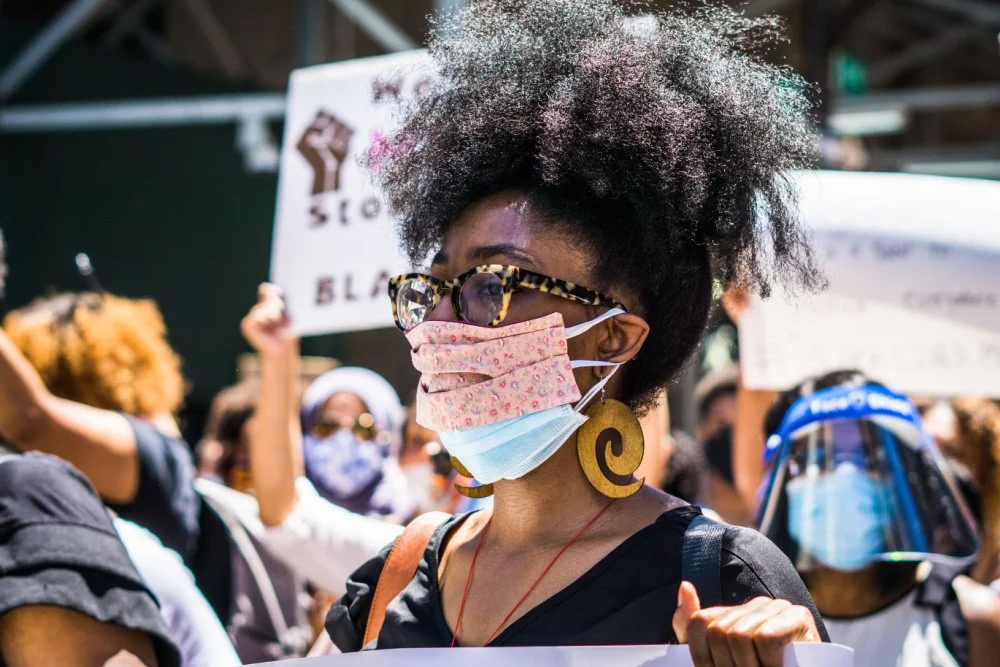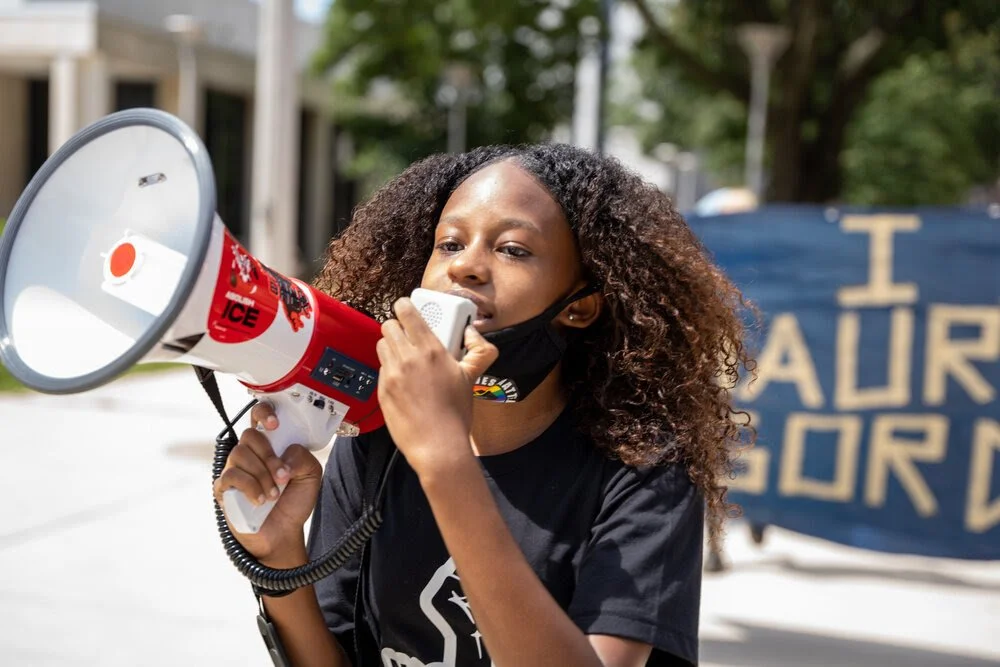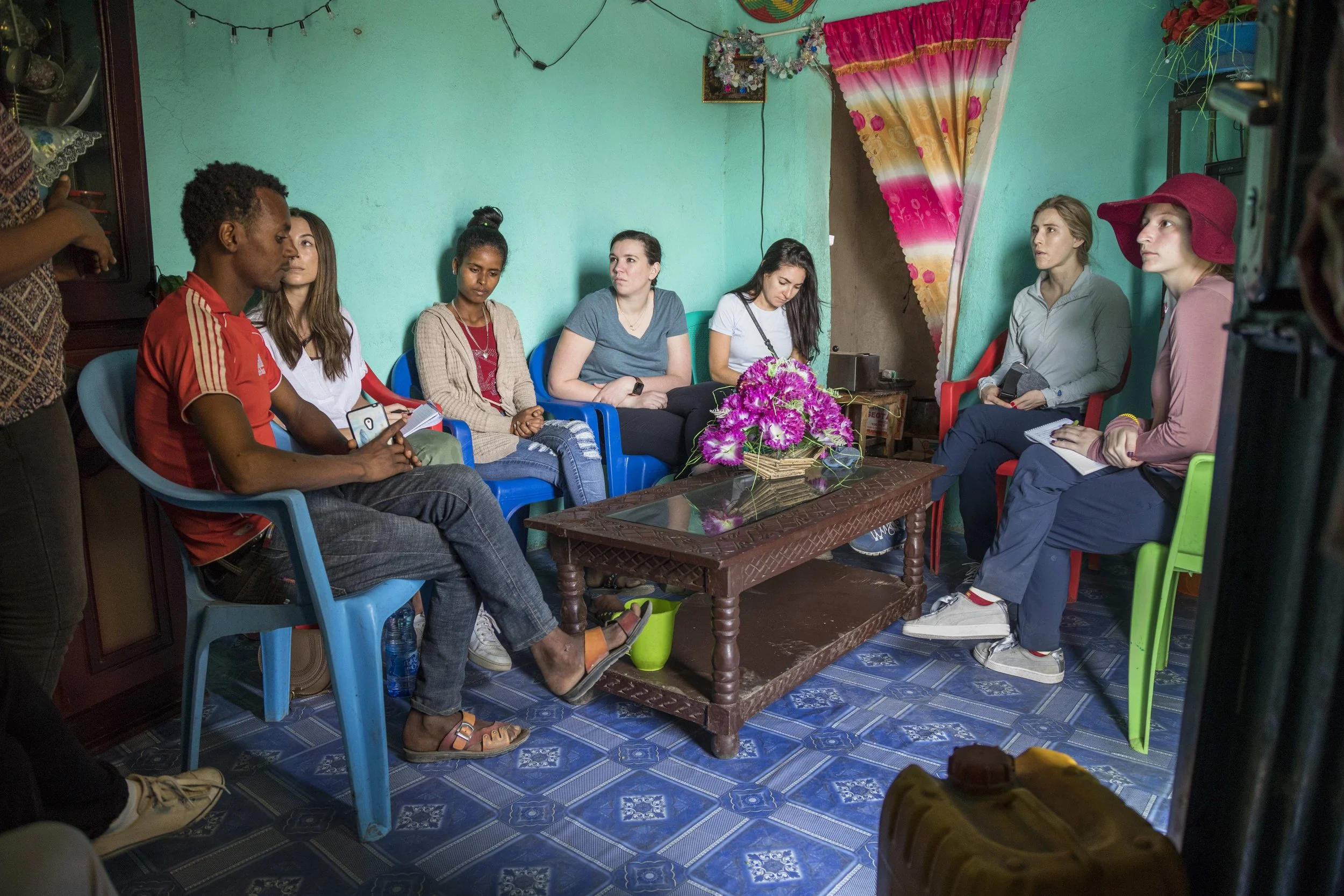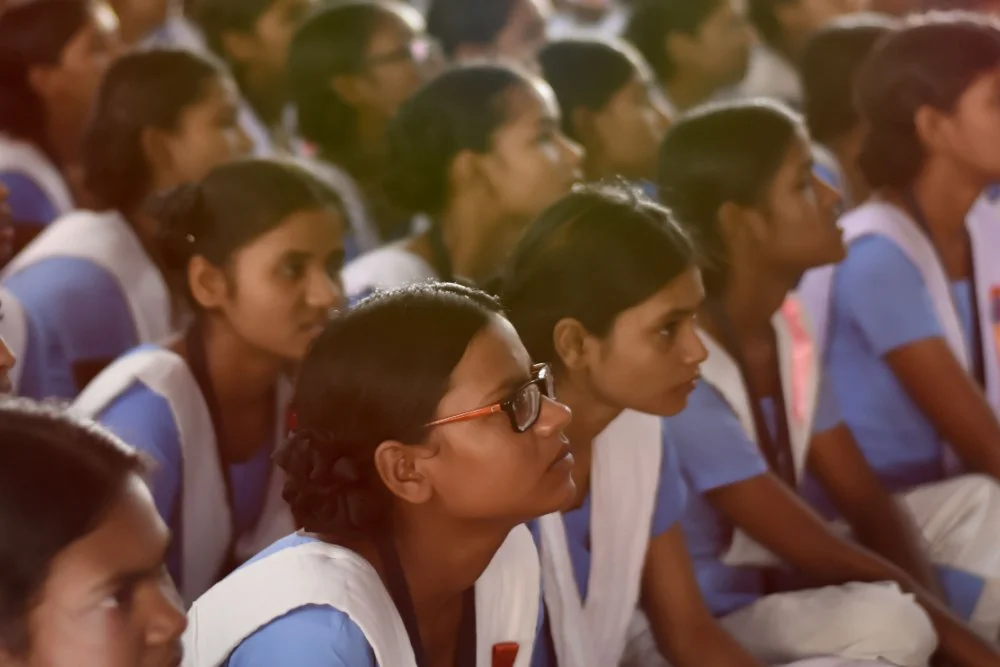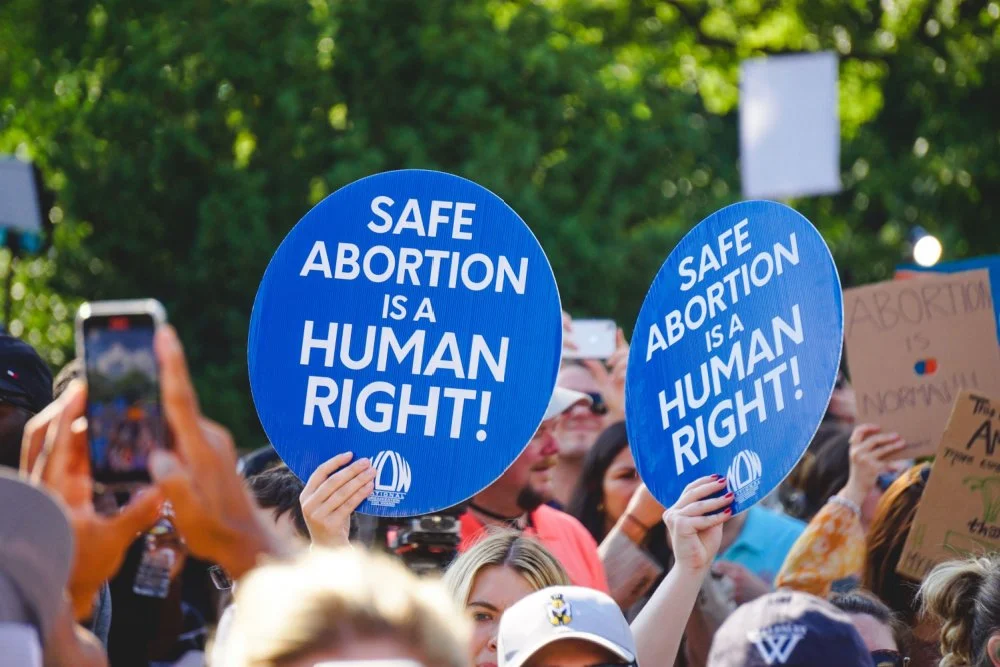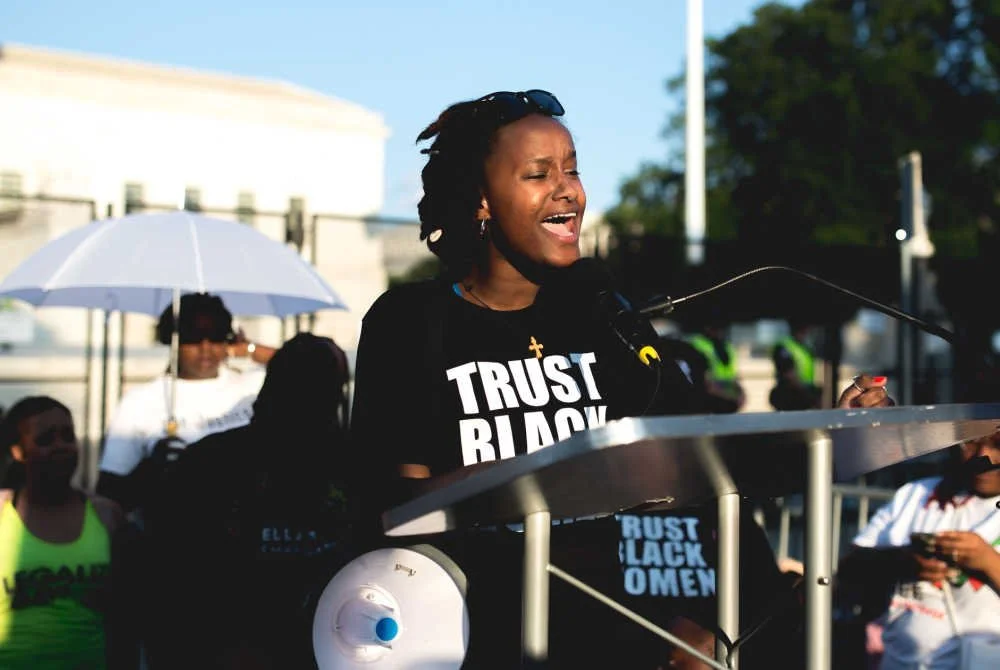Prestigious Research Awards Put the Spotlight on Women's Health
/photo: Ken Wolter/shutterstock
The Lasker Awards, on one hand, are a prestigious suite of research prizes, often singling out scientists who eventually win Nobels for their influential discoveries. This year is no exception, with the basic research prize going to Michael N. Hall for work that has redefined our grasp of how cells grow, with implications for understanding diseases like cancer and diabetes.
The Laskers also deliver some surprises too, making decisions at times steeped in the scientific events and conversations of the moment, even bordering on the political—perhaps a nod to public health activist and founder Mary Woodward Lasker. This year is no exception, with women’s and reproductive health efforts landing timely acknowledgement in the form of one award for Planned Parenthood and another for the researchers behind the HPV vaccine.
Some of the more interesting winners of the Lasker Awards have come out of what you might think of as the program’s wild card category each year. Annually, Lasker gives one award for clinical research, one for basic research, and the third alternates between a special achievement award and a public service award.
Related:
- Lasker Awards Recall a Seminal Figure in Health Philanthropy and Activism
- The STEM Education Champion Who Just Got a Huge Cash Award Out of the Blue
This year, the Lasker-Bloomberg Public Service Award goes to Planned Parenthood, for essential health services and reproductive care, emphasizing that one in five women in the U.S. have received health assistance from the organization at some point in their lives. Planned Parenthood, while always under steady attack, is particularly besieged now, with the Trump administration and Republican majorities pushing to block its funding and otherwise roll back reproductive rights.
The video announcing the award includes a montage of GOP legislators berating, interrupting and condescending to Planned Parenthood President Cecile Richards, then highlights progress and successes.
Past winners of the public service prize include Doctors Without Borders for response to the Ebola outbreak, Michael Bloomberg for his evidence-based policymaking as mayor, and the Clinical Center of the NIH for its standard of excellence.
The clinical medical research award this year is also connected to women’s health, awarding Dr. Douglas R. Lowy and Dr. John T. Schiller for advances in developing the HPV vaccine that’s reducing rates of the sexually transmitted virus associated with cervical and other cancers. The vaccine is a huge breakthrough for cancer prevention research, and stands to prevent millions of cases of cervical cancer in coming decades.
While not exactly political, the HPV vaccine has faced cultural hurdles in the United States, with taboos about teen sexual activity contributing to lower rates of adoption, especially in rural states. As with the Planned Parenthood award, Lasker’s judges are shining a spotlight on something with enormous public health benefits, but that many Americans may be needlessly squeamish about or hostile toward.
This year’s awards reflect a certain defiant spirit in the Lasker Foundation, which dates back to its founders Albert and Mary Lasker, especially Mary, a fierce advocate for birth control and public funding for health research, and an early board member of the organization that would become Planned Parenthood.
The awards are poignant, given the difficult times for those working to serve women’s health, reproductive rights, and even basic science research, for that matter. But that’s not to say that these two awards are entirely political decisions. Millions of people’s lives and well-being are impacted by this work, women and men alike.
The greater point, here, is that these are triumphs of scientific research and persistent dedication to positive health outcomes, despite political or cultural obstacles in which we’re mired at any given time.
One thing that all three of these recipients share is that sense of persistence over several years—Michael Hall’s dedication to studying a cell protein that most were uninterested in, or the decade-plus work on the HPV vaccine, funded early by public dollars when drug companies turned them away. And Richards points out that even when Planned Parenthood makes progress, “that doesn’t mean that we don’t have to get up every single morning and roll the boulder back uphill.”
Related: With Deep Budget Cuts Proposed to Science Research, What Should Funders Be Doing?


